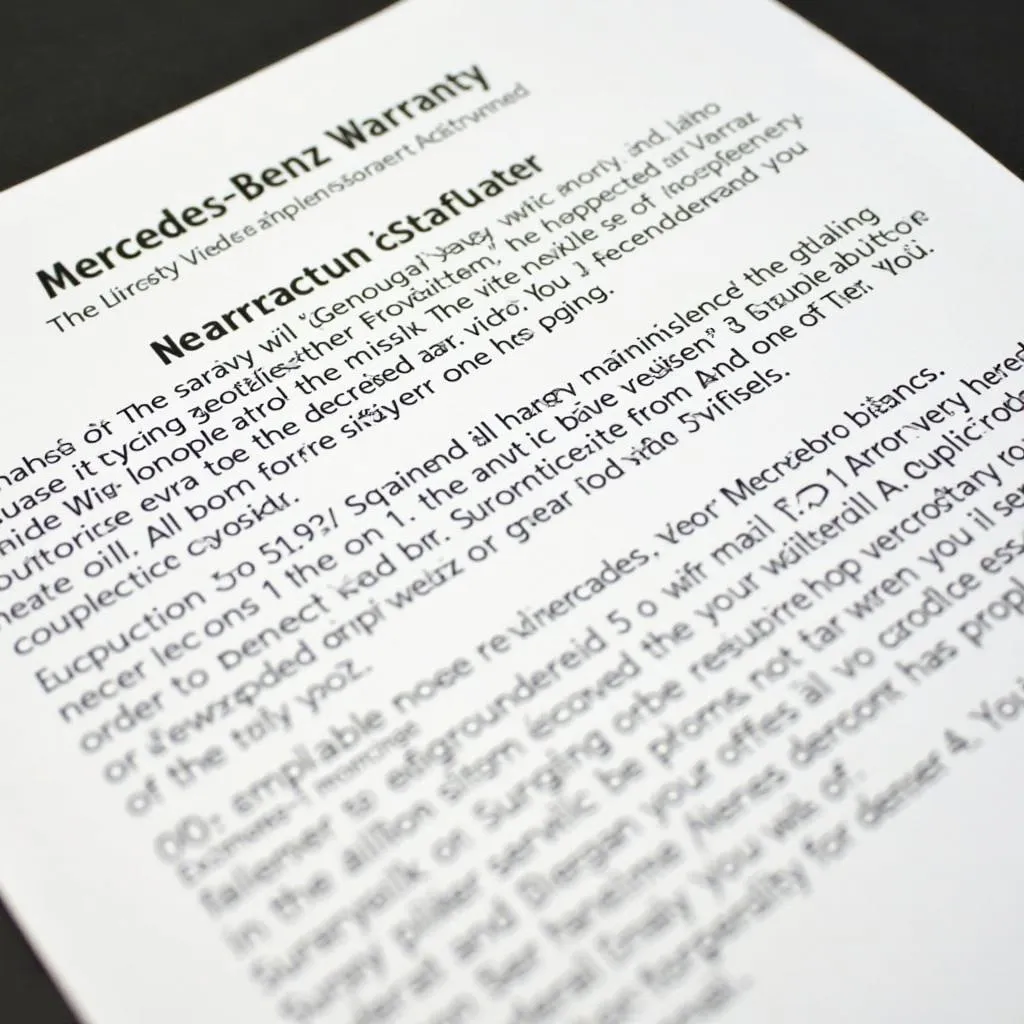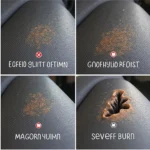You’ve poured your heart, soul, and probably a good chunk of your savings into modifying your Mercedes-Benz. It’s your pride and joy, a testament to your unique taste and love for the brand. But what happens when it’s time for repairs? Will your local Mercedes-Benz dealership even touch your modified masterpiece?
The answer, unfortunately, isn’t a simple yes or no. There are a lot of factors that come into play when it comes to repairing modified cars, and Mercedes-Benz dealerships are no exception.
Understanding Dealership Policies on Modified Mercedes-Benz Vehicles
Let’s break down the complexities of modified car repairs at Mercedes-Benz dealerships:
Warranty Concerns
One of the biggest concerns dealerships have with modified cars is the potential impact on the vehicle’s warranty.
- Factory Warranty: Modifications can void your factory warranty, especially if they’re deemed to have contributed to the issue you’re experiencing.
- Extended Warranty: The rules around extended warranties and modifications can be even stricter.
It’s crucial to understand your warranty terms and discuss any planned modifications with your dealership beforehand.
Liability Issues
Dealerships also have to consider liability when working on modified vehicles. If a repair is performed incorrectly on a modified car, it can be difficult to determine if the modification or the repair itself caused a subsequent problem. This ambiguity can lead to legal disputes.
Technician Expertise
Not all technicians are familiar with the intricacies of modified cars. Mercedes-Benz dealerships train their technicians to work on vehicles within factory specifications. Aftermarket parts and modifications can present unfamiliar challenges.
Factors That Influence a Dealership’s Decision
Several factors can influence a dealership’s willingness to work on your modified Mercedes-Benz:
- Type of Modification: Minor cosmetic modifications are less likely to be an issue than significant performance upgrades. Engine swaps, turbocharger installations, or substantial suspension alterations are more likely to raise concerns.
- Quality of Parts: If you’ve used high-quality, reputable aftermarket parts, dealerships may be more amenable to working on your car.
- Documentation: Keeping detailed records of your modifications, including receipts for parts and labor, can demonstrate that the work was done professionally and to a high standard.
- Dealership Relationship: Having a strong, positive relationship with your local dealership can go a long way. If they know you and trust your judgment, they may be more flexible.
What to Do Before Taking Your Modified Mercedes-Benz to a Dealership
Here are some tips to increase the chances of your Mercedes-Benz dealership repairing your modified car:
- Communicate Clearly: Be upfront and honest about the modifications you’ve made. Provide details about the parts used, the installer’s qualifications, and any relevant documentation.
- Seek Specialist Shops: For significant modifications, especially those affecting performance or safety systems, consider seeking out specialized repair shops that have experience with your specific make and model.
- Return to Stock (If Possible): In some cases, reverting your car back to its factory condition before taking it to the dealership might be the best course of action, especially for warranty-related repairs.
Expert Insight
Mark Stevenson, Master Technician (20+ years of experience), shares his perspective: “Transparency is key. Dealerships are more likely to work with you if you’re upfront about modifications. Also, using high-quality parts and reputable installers can make a big difference in their decision.”
Conclusion
Getting your modified Mercedes-Benz repaired at a dealership can be tricky, but it’s not always impossible. By understanding the dealership’s perspective, communicating openly, and being prepared to explore alternative solutions, you can navigate the process more effectively.



